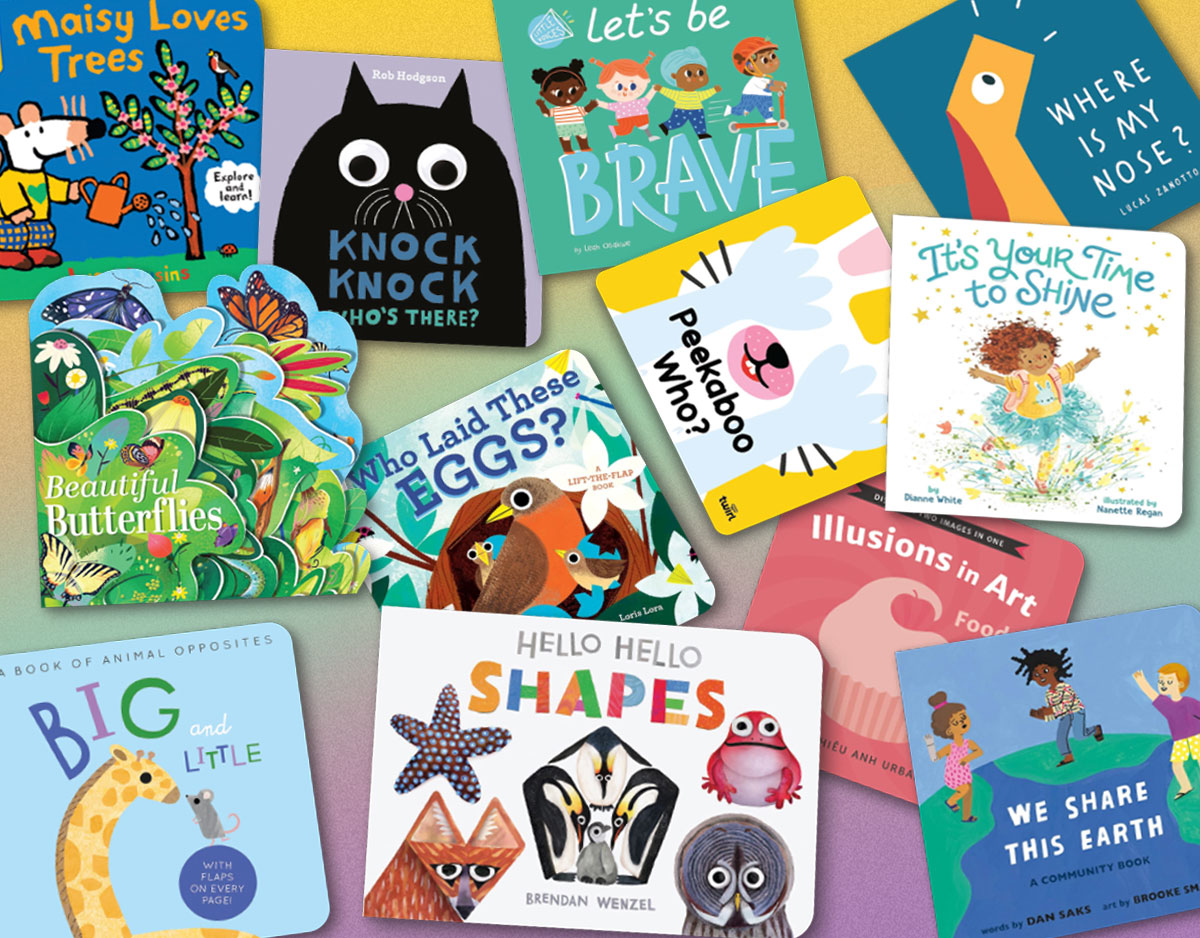Autism and Libraries: The Dangers of Wandering/Bolting, just one of the many issues we need to understand
Someone had called the police. It’s not surprising really, here she was chasing a fleeing kid – looking much older than his actual age – running down the street in his underwear. He had gotten out. Again. At the time he was maybe 8, but for reasons not quite understood many kids on the Autism Spectrum tend to be bigger and look older than their age, and he was definitely one of those kids. He is also my nephew, one of 4 boys in a family, 3 of whom are on the spectrum.
I also have a friend with a child on the spectrum. When you go to visit at their home you are locked inside with a special lock high up on the door frame. They recently began having to lock down all their windows as well after finding their child sitting up high on the roof a couple of time.
ADVERTISEMENT
ADVERTISEMENT
One of the number one causes of death among children on the Autism spectrum is wandering, also called Elopement. Many kids – and teens – on the spectrum will simply wander off, and since they don’t see the world the same way that we do they don’t often understand the dangers in front of them. Many will sadly drown. Others will be involved in traffic accidents. Recent information indicates that half of all children on the spectrum will wander or suddenly bolt, putting them at great risk.
In 2013, teen Avonte Oquendo walked out of his school. The community gathered and a search continued for a couple of months. Sadly, he was not found alive. He is just one of the many tragic stories we can read about. Elopement isn’t just an issue for young children, it is an important issue for many people on the spectrum regardless of age. Kids, tweens, teens and even adults, and understanding this can help us better respond if there are incidents in our libraries or in our communities.
And as I mentioned, many families take tremendous precautions to help make sure their kids are safe. Doors are always bolted and locked, sometimes with additional safety chains put high up. Windows are locked and alarmed. Some families purchase tracking devices. And emergency plans are developed, practiced, and kept nearby for easy access.
One of the biggest dangers for kids on the spectrum is that they often lack the verbal skills necessary to be able to ask for help if lost. They may not talk at all, or they may have difficulty remembering their address or phone number. There have also been a few reports in the press about misunderstandings between police officers and older teens on the spectrum because as the police officers approach, they expect a response, which individuals on the spectrum may fail to give either out of fear, lack of verbal skills, or lack of understanding of typical social interactions.
My library recently wrote a Code Adam policy, and it occurs to me that I need to go to our administration and ask them to also talk about this with staff in terms of wandering or bolting tweens and teens on the spectrum. The implementation of the policy would be the same, lock the doors, search for the missing teens, but we would also have to have some special training about understanding teens (people) on the spectrum and approaching teens on the spectrum. Organizations like Autism Speaks advocate that local police and fire go through special training to understand and work with people on the spectrum.
 |
| Info at the ALA Store |
As part of staff training, I highly recommend that libraries have experts in the community come in and do training sessions to better help staff understand Autism spectrum issues and the ways that the library can help support those on the spectrum and their families. Wandering is just one of the many unique issues that families face, and knowing about the issues helps us all work together to meet the unique needs of those on the spectrum.
More on Autism and Libraries:
Teen Issues: Autism and Libraries
With a look at some books that have characters on the spectrum
On the Spectrum and @ Your Library (Guest post by Matthew Ross)
A library director and father of a child on the spectrum, Matt Ross shares some things libraries can do to make the library experience better for all.
Teen Issues: Teens and Autism and Future Horizons
Future Horizons is a publishing house dedicated to raising awareness and helping to meet the needs of those on the spectrum, their parents, educators and more.
Autism & Libraries: A Q&A with J. D. Kraus
Author J D Kraus shares his experiences as a teen on the spectrum and shares things libraries can do to meet the needs of those on the spectrum.
Teens and Autism: What does it mean to be “typical”?
Teen Reviewer Cuyler Creech shares his experiences as the older brother of a beloved young sibling with Down’s and on the spectrum.
Atticus Was Right: The remarkable story about a boy with autism, a bully, and a book and how books can raise awareness and help readers develop compassion (Guest post by Amianne Bailey)
About Karen Jensen, MLS
Karen Jensen has been a Teen Services Librarian for almost 30 years. She created TLT in 2011 and is the co-editor of The Whole Library Handbook: Teen Services with Heather Booth (ALA Editions, 2014).
ADVERTISEMENT
ADVERTISEMENT
SLJ Blog Network
Name That LEGO Book Cover! (#53)
Cover Reveal and Q&A: The One and Only Googoosh with Azadeh Westergaard
Exclusive: Vol. 2 of The Weirn Books Is Coming in October | News
Fighting Public School Book Bans with the Civil Rights Act
ADVERTISEMENT










Autism Speaks is a horrible organization that does more harm than good.
http://thecaffeinatedautistic.wordpress.com/2013/03/05/why-i-am-against-autism-speaks-and-you-should-be-too-2/
I am aware that there are people who have strong feelings about Autism Speaks and I encourage everyone to decide for themselves about the various organizations out there. This post is not a endorsing or condemning Autism Speaks, it is a post about a serious issue that affects families with children on the spectrum and it cites Autism Speaks as one of the organizations that encourages police to receive specialized training in dealing with people on the spectrum – this is a goal and call to action I support.
Pretty bold statement without telling us why?
This comment has been removed by a blog administrator.
The CDC states that 1 in 68 children have been identified with an Autism Spectrum disorder, up from previous statistics of 1 in 88 (http://www.cdc.gov/ncbddd/autism/data.html). This is a large portion of our population. Now, some of these individuals will be high functioning, but they still have special needs that require extra consideration on our part if we want to serve them effectively – which should be our goal. Anyone who interacts with the general public on a regular basis could benefit from some training on special needs populations, methods of communication, and special considerations.